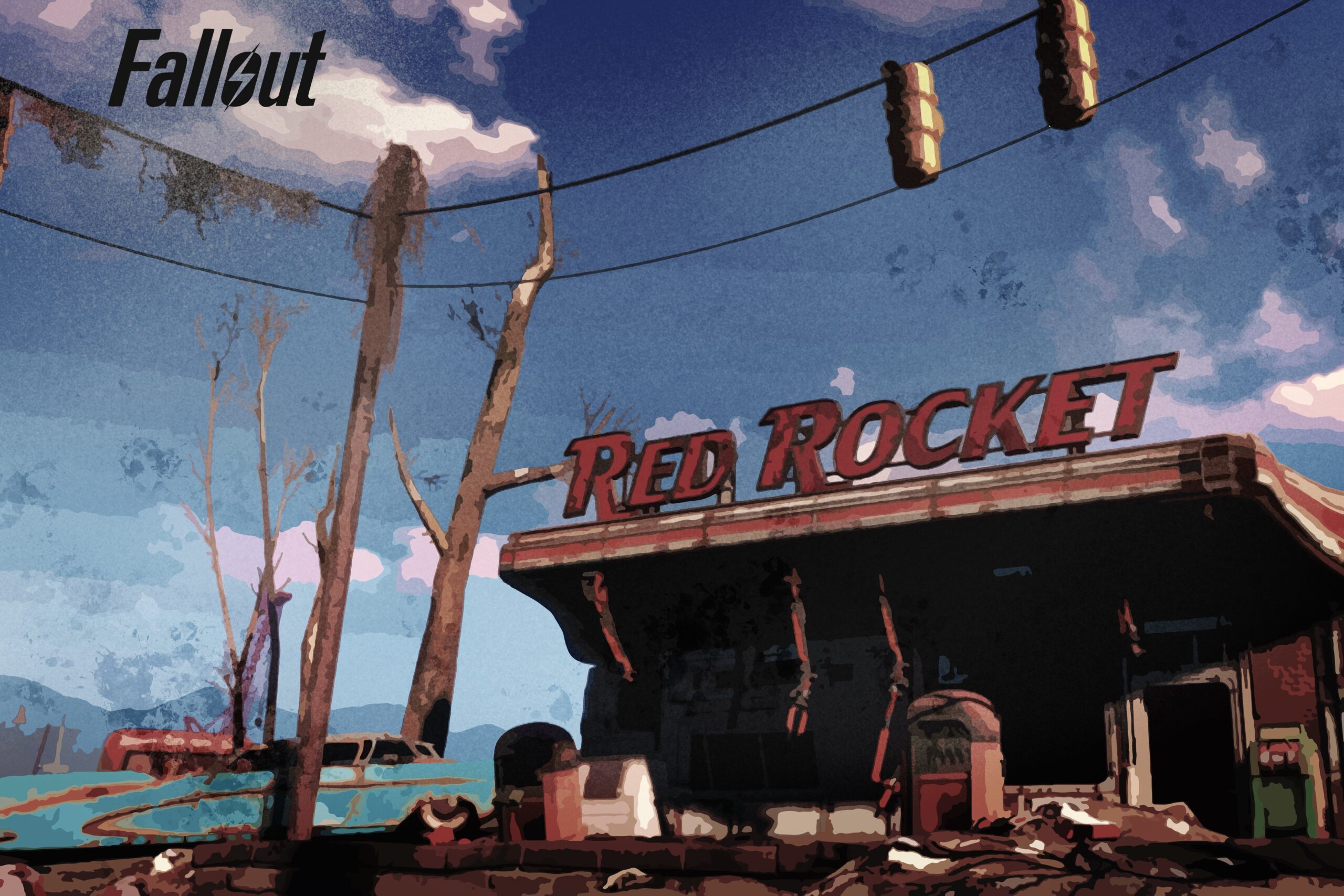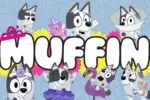Ladies and gentlemen, the curse of lackluster video game adaptations is ending. Coming off the heels of “The Last of Us’” triumphant success and leaving “Halo” in its dust, “Fallout” looks to be another standout in the growing collection of smash-hit shows based on video games.
It’s not just the staple Georgian charm of “Vice Principals” alumni Walton Goggins, the nuances of its antagonists, or the gripping visuals of the irradiated West Coast that make “Fallout” a groundbreaking series: it’s got good bones. “Fallout” is a series known for making waves in the video game industry, so it’s only natural that it’s having similar success on the TV market.
So how did “Fallout” change the landscape of video gaming forever from the get-go? It wiped away the varnish of a squeaky-clean genre and scuffed it up with a healthy dose of realism and choice.
“Fallout: A Post Nuclear Role-Playing Game” (more colloquially referred to as just “Fallout”) was released in 1997. While it didn’t meet projected sales figures, it was a smash hit with critics and fans for both its innovative gameplay elements and—more importantly—the world it created.
The “Fallout” series is set in a post-apocalyptic United States decades after a nuclear war with China devastated the planet. Sent out from their isolated underground community, they are sent out into wider world to retrieve a computer chip for their water-production machine and quickly find themselves way in over their head.
As shocking as it might be for show watchers, the tone is a much more cynical take than the dark comedy spin that the show took. Whereas the show took its tonal cues from the “Fallout 4,” the original games were much bleaker in tone to match the gravity of the setting. This was a shock to audiences back in the 90s too, as up until then RPGs were associated with clean and lighthearted fantasy settings like “Final Fantasy.” Like some of its other contemporaries like “Blood Omen–The Legacy of Kain” and even the newest “Final Fantasy” at the time, “Fallout” can be attributed to a massive tonal shift in the genre.
It’s hard to see sunshine and rainbows under the shadow of a mushroom cloud.
Right from the start, with the iconic introduction narrated by Ron Perlman, gamers know that they are diving into a rotting world. The bombs have already dropped, and their playground is ash and heat-warped steel. The characters players meet are equally as warped by the setting, grim survivalists trying to live from day to day in a world actively trying to deny them this. Hope and kinship are hanging on by a thread, and players will never be sure they’re making the right choices. Simplicity isn’t the norm, it’s a foreign concept.
This layer of bleak complexity is personified in the game’s central villain: The Master. The Master is a mutated amalgamation of human flesh and technology whose consciousness malformed to uncanny levels after exposure to a virus, as did the rest of his body.. He seeks to bring about an age of mutants to survive and thrive in the wastelands, viewing their temperament and physiology to be the ideal way to bring humanity back from the brink of armageddon.
Despite the classic comic book origin story, there are added layers of complexity to his character that arguably puts him above most other video game villains at the time. He is not a cackling mad god like “Final Fantasy’s” Kefka, nor some other one-and-done video game boss that players can steamroll over and not bat an eyelash after the fact, The Master is not immune to reason. As horrid as his experiments may be, as warped as his physique may have been over the years, he is still human.
It’s a sad end for a somber game if players choose this path, and even then, they don’t get a ticker-tape parade once the day is saved. They are instead banished for fear of influencing everyone they’d left behind with their experiences of the outside world.
One would think that this would be a downer ending, but when its contemporaries went with the storybook ending and the typical feel-good approach, “Fallout’s”painfully realistic ending is like a breath of fresh air in just how real it feels. Whether they take out their revenge on the man passing the sentence is inconsequential, the damage is already done. They can never go back to the safe bubble they once had, they can never recapture that blissful innocence.

















